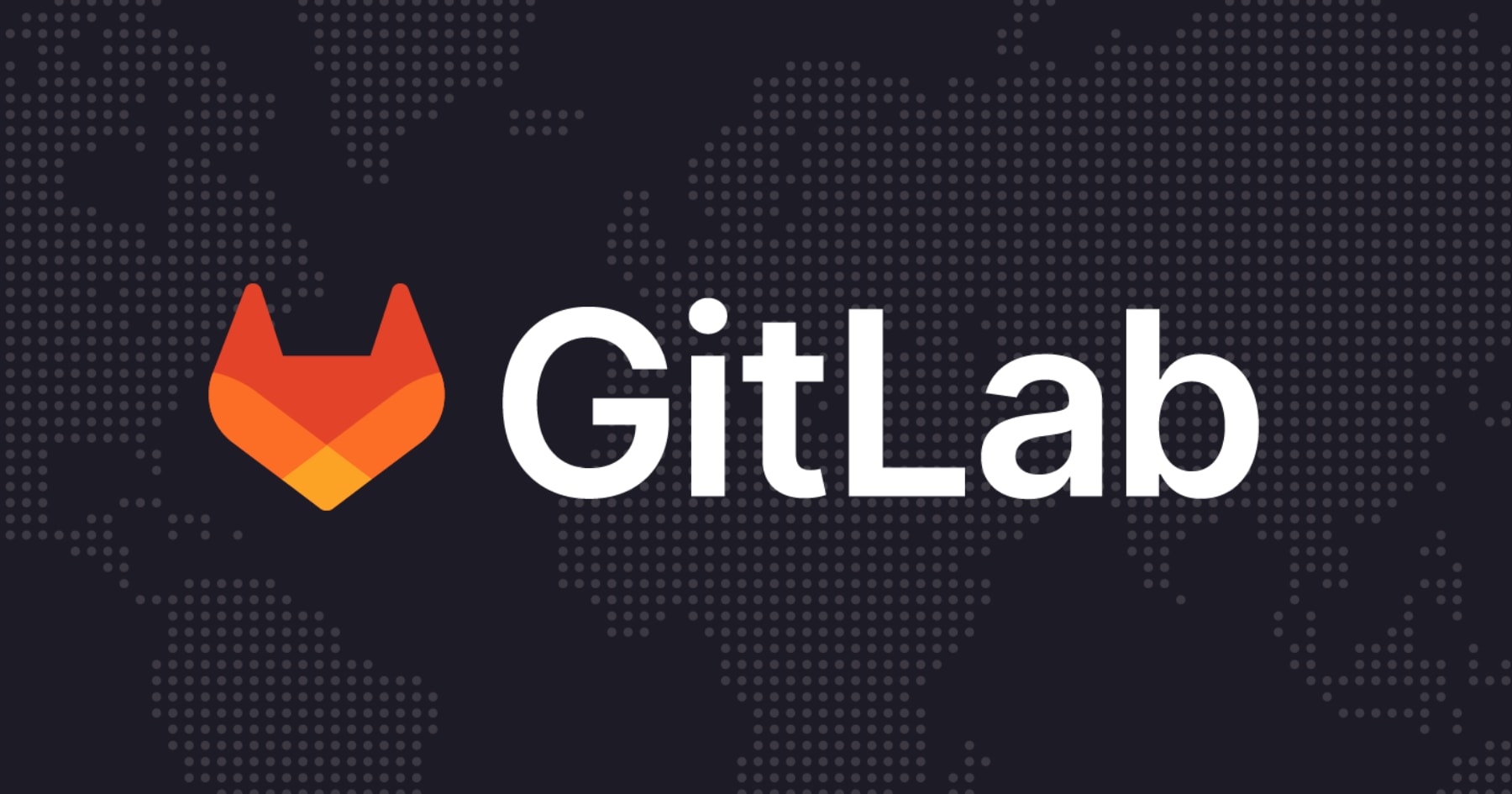Published on: December 7, 2016
4 min read
Here's how new programmers can learn by contributing to GitLab
Everyone starts somewhere.

Hello, relative newcomers. There’s room for you to contribute, too. You can start by finding other programmers, making a plan before you code, documenting properly, and poking around on GitLab so you're never ever learning in a vacuum. Teaching yourself is hard, so here are a few tips.
Find other programmers near you.
Software development is not something you can learn by yourself. You have to incorporate other perspectives, and bounce ideas off of people. Go to meet-ups, conferences and any events that will facilitate meeting with other developers. Try to work on projects with other developers, because most of your professional work will involve you and others collaborating on a project - it is very difficult to design and maintain complex software on your own! This can also help you avoid developing bad habits in the first place - it's much more difficult to un-learn them down the road. Even making small contributions to GitLab will help you get involved and practice communicating with others working on the same project.
Plan before you start coding.
This is an important part of software development that lots of new programmers tend to ignore. Often they want to start writing code as soon as possible, but skipping the planning stage has a negative effect in the long term. You’ll likely end up with an unmaintainable code base and a poorly designed application. You need to embrace the "boring parts" of software development. These help remind you to start small by mastering the basics before you try to build the next Facebook. The Pragmatic Programmer by Andrew Hunt and David Thomas is an excellent resource. GitLab's issue board is a useful tool for thinking through potential challenges and creating detailed checklists.
Follow conventions and standards.
There are some generally accepted coding conventions and standards you will come across when you start out. The advantage of following these norms is that most of them were created or developed by really smart people who discovered ways of making it easier to develop and maintain software. This will save you from falling into most mistakes others have found solutions to. That’s why it is really important to try and contribute to open source projects; they tend to expose you to these standards. GitLab has a contribution guide to help you get started.
Document properly.
This might seem trivial, but it is actually one of the most difficult aspects of software development. There is a recurring joke of how naming things can be really difficult. It is important to document properly to ensure others can understand your code and make it possible for you to return to your program after some time away from it without pulling your hair out. Young programmers tend to focus more on making their code run, ignoring their code readability. To avoid other people rewriting your code, ensure you document it properly, comment on your code and use proper naming conventions. This blog article illustrates how important it is to document and follow best practices: “Always code as if the guy who ends up maintaining your code will be a violent psychopath who knows where you live.” Especially since your work on GitLab will likely be public, you should assume that at some point in the future, someone will look through your code and perhaps even borrow from it.
Almost anyone can learn how to code, but it takes tremendous effort to learn how to build complex software that can be maintained for years. It will be great if more experienced developers reading this article give feedback or add to the points given above in the comment section.
If you have some Ruby/JavaScript experience and you’re looking for a place to get started, check out our Contribution Guide and the “Accepting merge requests” label.
Tweet @GitLab and check out our job openings.
We want to hear from you
Enjoyed reading this blog post or have questions or feedback? Share your thoughts by creating a new topic in the GitLab community forum.
Share your feedback
